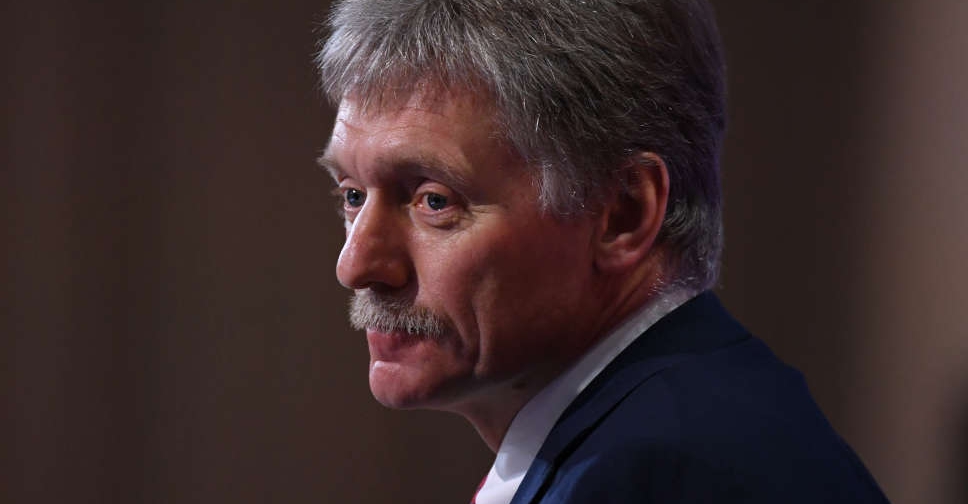
Western sanctions will never make Russia change its position on Ukraine, the Kremlin said on Tuesday.
Responding to a barrage of Western sanctions over Russia's invasion of Ukraine, Kremlin spokesperson Dmitry Peskov said: "They are counting on forcing us to change our position. This is out of the question."
Peskov told reporters that President Vladimir Putin had been briefed on a first round of talks between Russian and Ukrainian officials on Monday but it was too early to judge the outcome.
There were no plans for talks between Putin and Ukrainian President Volodymyr Zelenskiy, he said, adding that Zelenskiy could prevent further casualties if he gave the command to lay down arms.
Ukraine has refused to surrender and its forces have put up strong resistance to Russia's assault from the north, east and south, which Moscow describes as a special operation to demilitarise the country - a justification dismissed by Kyiv and the West as war propaganda.
Peskov dismissed allegations of Russian strikes on civilian targets and the use of cluster bombs and vacuum bombs as fakes. He categorically denied that Russia had committed war crimes.
Ukraine says large numbers of civilians have been killed. Peskov said, without providing evidence, that Ukrainian nationalist groups were using people as human shields.




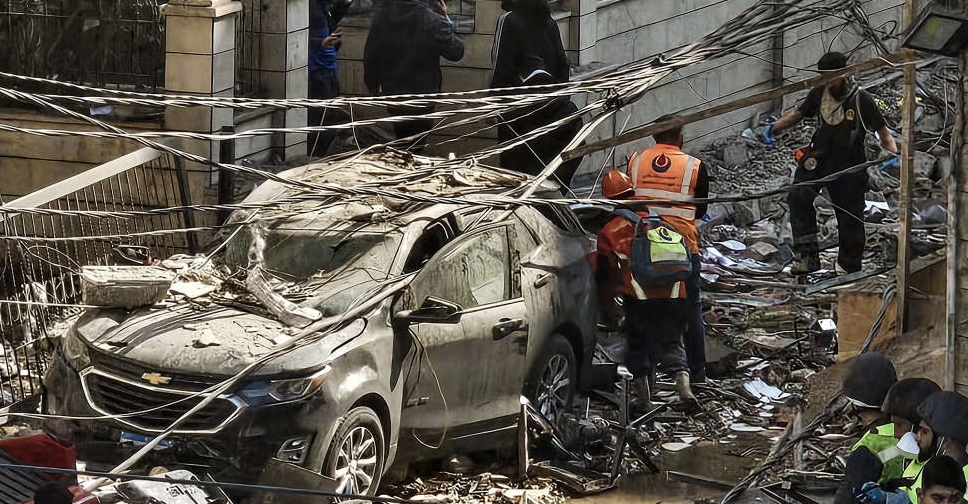 At least four killed in Israeli strike on building in Lebanon's Baalbek
At least four killed in Israeli strike on building in Lebanon's Baalbek
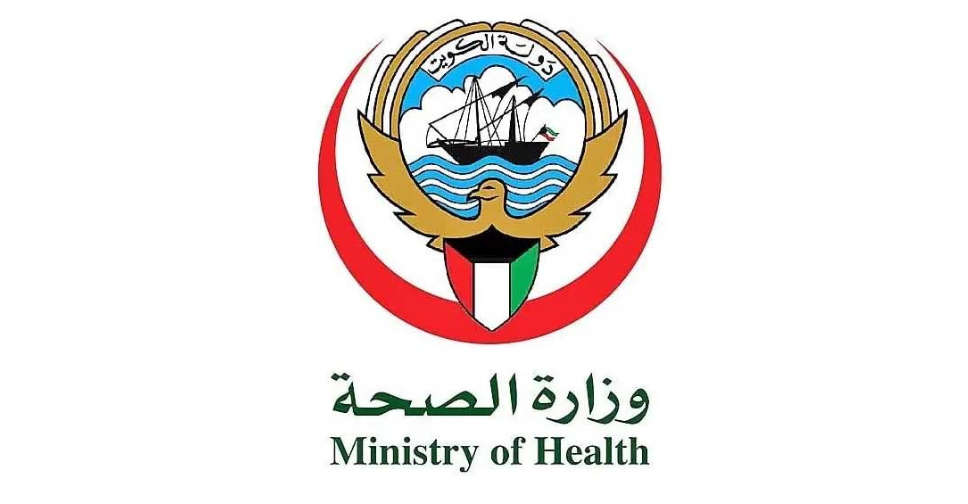 Kuwait announces death of child from shrapnel wound
Kuwait announces death of child from shrapnel wound
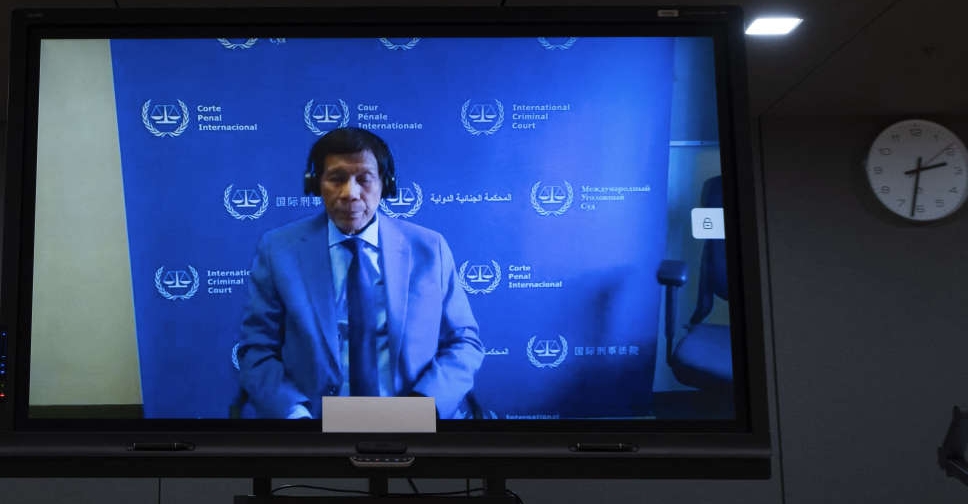 Philippine lawmakers advance impeachment of Vice President Duterte
Philippine lawmakers advance impeachment of Vice President Duterte
 Qatar busts two cells linked to Iran’s Revolutionary Guard
Qatar busts two cells linked to Iran’s Revolutionary Guard
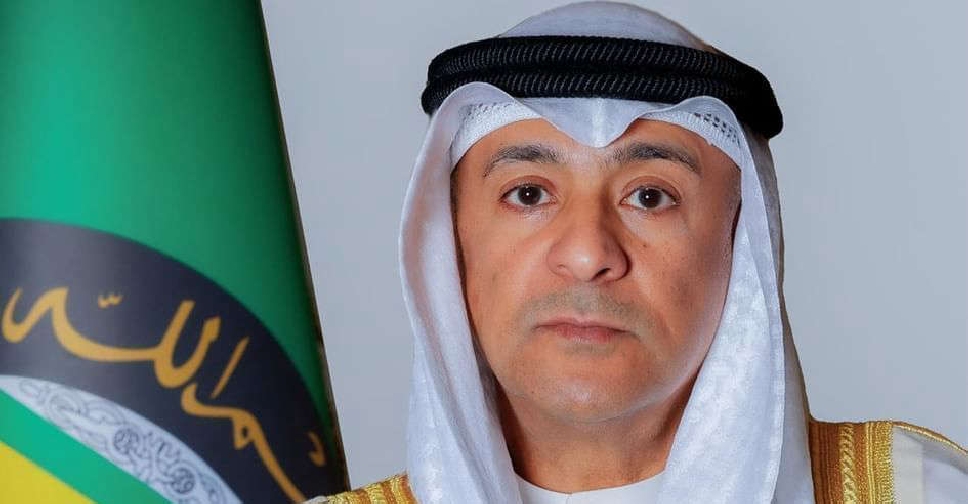 GCC condemns Iranian attack on Port of Fujairah
GCC condemns Iranian attack on Port of Fujairah




